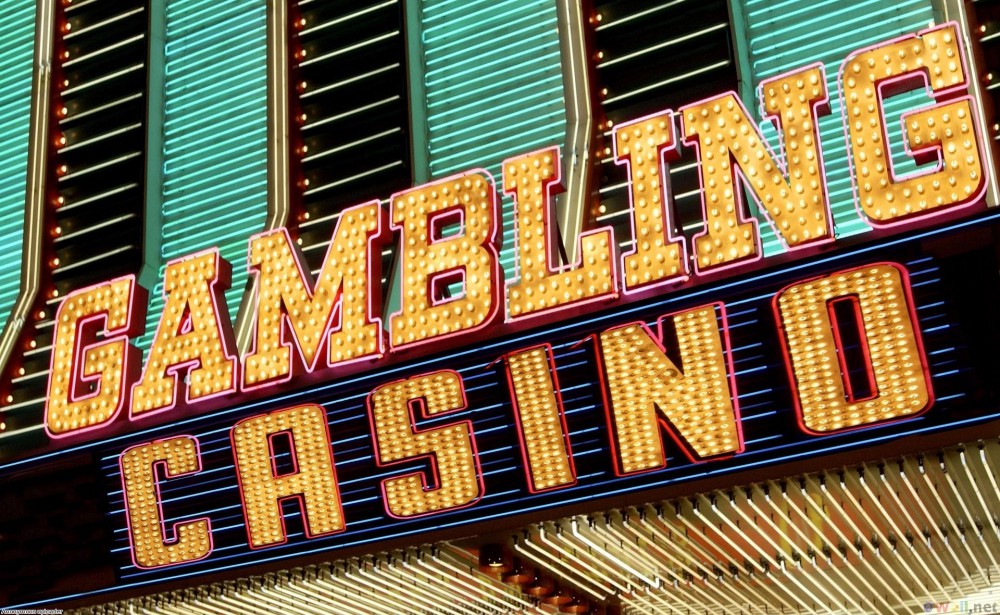 Card Player magazine once ran a feature that claimed Charlie Esslinger was the best poker player who ever lived. Though he may not be a household name, to me there is no doubt he was the greatest poker player I ever met.
Card Player magazine once ran a feature that claimed Charlie Esslinger was the best poker player who ever lived. Though he may not be a household name, to me there is no doubt he was the greatest poker player I ever met.
He was not only an exceptional poker player, but he was also a great game strategist. He studied poker and other card games before computers and strategy books became the norm. But more importantly, he understood human nature. He could make you a bet on what time a guy would order a drink or what time he would quit the game or even on how much he would lose.
When I would kill time before a game, I would play gin with Charlie. After about the fifth card we drew, Charlie would say, “Let’s bunch the hand (a term where you both surrender) because it’s draw. Robert, you can’t win.” He could play any gin rummy hand to a draw and name all the cards in your hand. He thought it was funny to see the look on your face when he could tell you nine of the ten gin cards you were holding.
This demonstrated how he was aware of everything. I asked Charlie to explain his seemingly random hand selection. His answer surprised me. He said that cards ran in patterns, so he would observe the board for hours to see how the cards ran and played accordingly. Who was I to question one who never lost?
You have to remember that in those days most games were limit, and No Limit was hard to find. I tried, like so many people, to give Charlie a free bankroll to play higher, but he always told me, “It’s not the money; it’s the game. It can’t get any better than these Golden Nugget players. Why would I change?”
Once Charlie was waiting on a seat and playing $2/$4 limit. I said, “Charlie, how can you play so small?” He replied, “I play as hard here as any game. If I can beat this game, I can beat any game.”
A mutual friend of ours, Ray Hall, once told me over breakfast that he was ending his friendship with Charlie. I asked him why. Ray said, “When we are driving to the games, Charlie tells me what a great player I am. In the game, if I was losing, Charlie was the first one to offer me money. On the ride back, he would tell me I was the best player and I just got unlucky. Every morning I would take to his apartment the thousand or two that I borrowed in the game the night before. It took me twenty years to realize he was the best player, and I was his huckleberry.”
In later years, Charlie became very concerned that his mind was leaving him–a mind that could play any game with a genius IQ. The most studious poker player I ever met was now in his sixties and didn’t feel at the top of his game. He said the doctor said he had early signs of Alzheimer’s disease. His mother had died from it. He watched her suffer and did not want to go through that.
One night at a poker game Charlie asked if someone would find him a pill he could take and never wake up. He said he would pay them $5,000 dollars. Players started wondering if Charlie was ok.
In a motel in Alabama where they were playing poker four nights a week, Charlie played one night wearing only his pajamas, which was very strange for a person who always dressed to the nines. Charlie had rented an apartment to be near the game in Athens, Alabama.
It’s said he left the poker game and went to his apartment. After not showing up to the game for a few days, which was unusual, a couple of his friends went to his apartment and found his body and a gun along with $900,000.
I will never forget what a gentleman gambler he was. He was the first to stand up and pull out a chair for a lady. He always tried to keep the game under control. If there was a dispute over $5, he would throw in a $5 chip to settle it.
He was master at money management. He knew what every player’s worth was, what he could extract from the game and when it was no good, it was time to quit.
I don’t want him to be remembered for how he died, but how he lived. If there ever was a modern-day maverick, Charlie Esslinger would be it. I was honored to know him.
National Suicide Prevention Lifefline
1-800-273-8255 (TALK)
http://www.suicidepreventionlifeline.org/
Robert Turner is a legendary poker player and billiards/casino marketing expert. Robert is most well known for introducing the game of Omaha poker to Nevada in 1982 and to California in 1986. He created Legends of Poker for the Bicycle Casino in 1995 and Live at the Bike, the first live gaming site broadcast on the Internet in 2002.
He has over 30 years experience in casino marketing and player development. Find Robert on Facebook at https://www.facebook.com/thechipburner and on Twitter @thechipburner. He can also be reached at robertturnerpoker@gmail.com for consulting and teaching.


